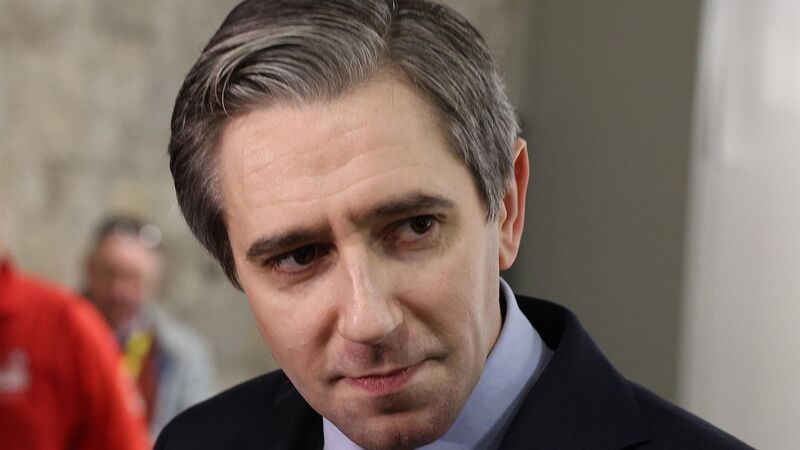Doubts grow over establishment of new Department of Infrastructure

Taoiseach Simon Harris stopped short of saying that a new infrastructure department would form part of any government deal.
Fine Gael is unsure if some of its key election promises will become government policy, as doubts have grown over the establishment of a new Department of Infrastructure.
Signals from both Taoiseach Simon Harris and Tánaiste Micheál Martin indicate that a wider infrastructure department will not be set up, but the incoming government will have a significant focus on major infrastructure projects.











